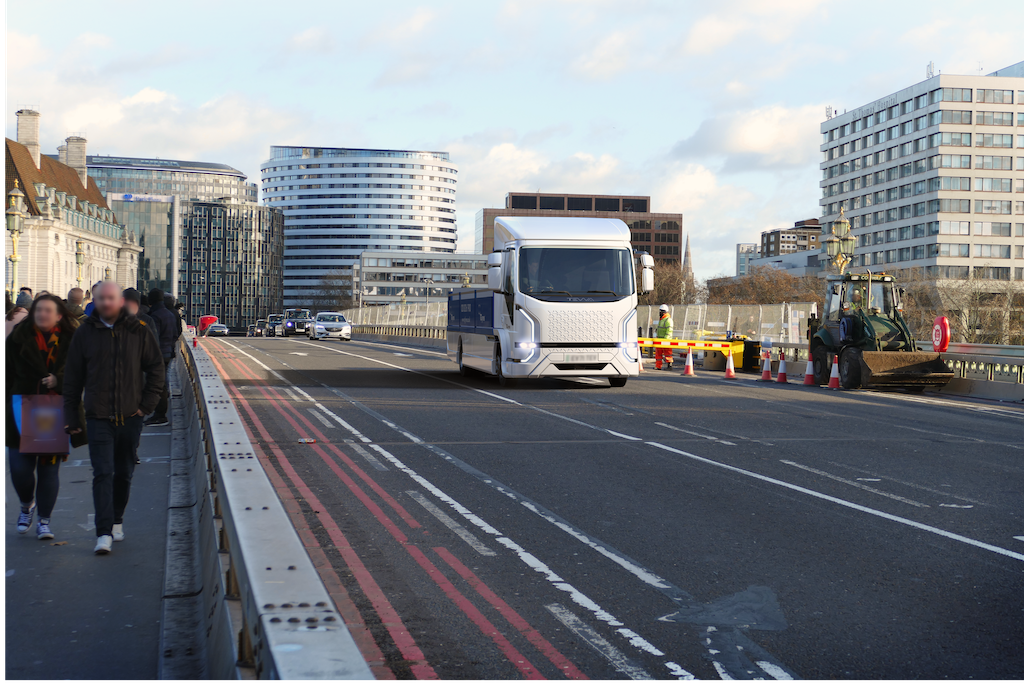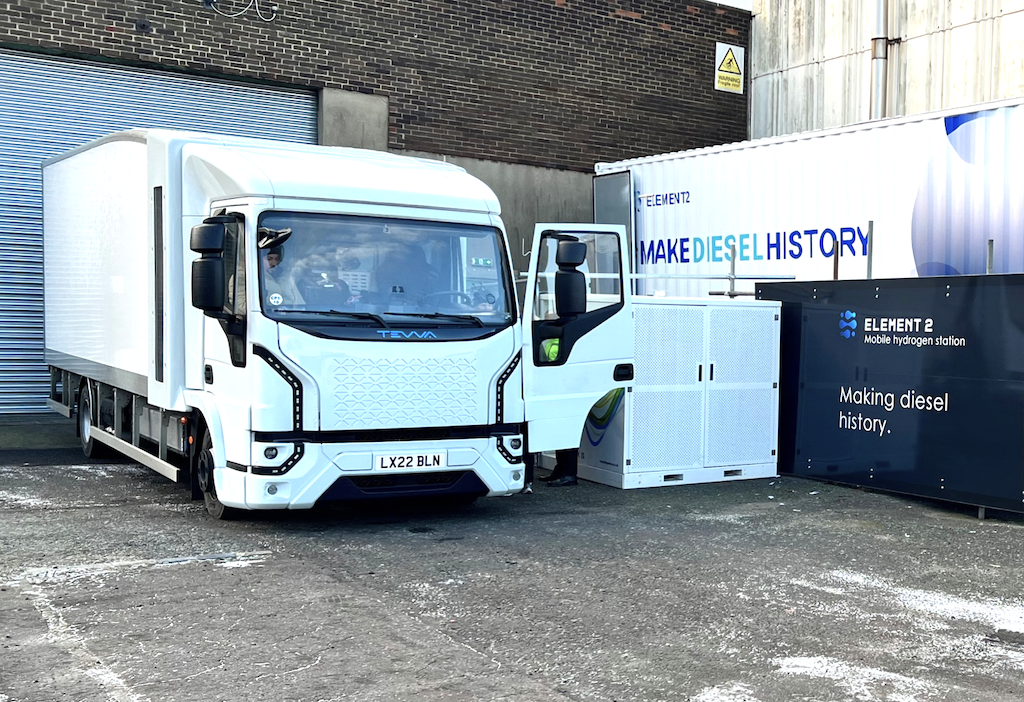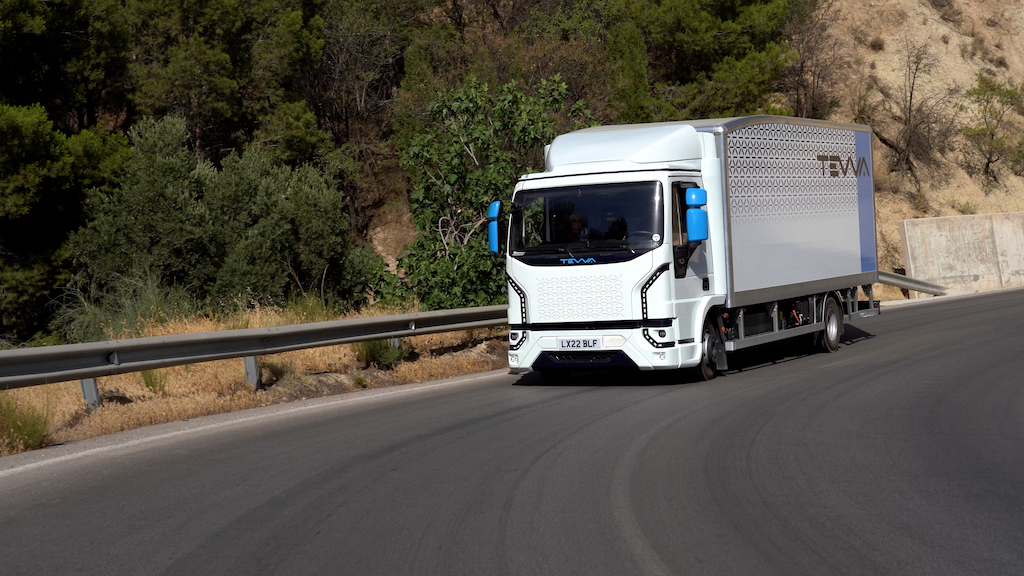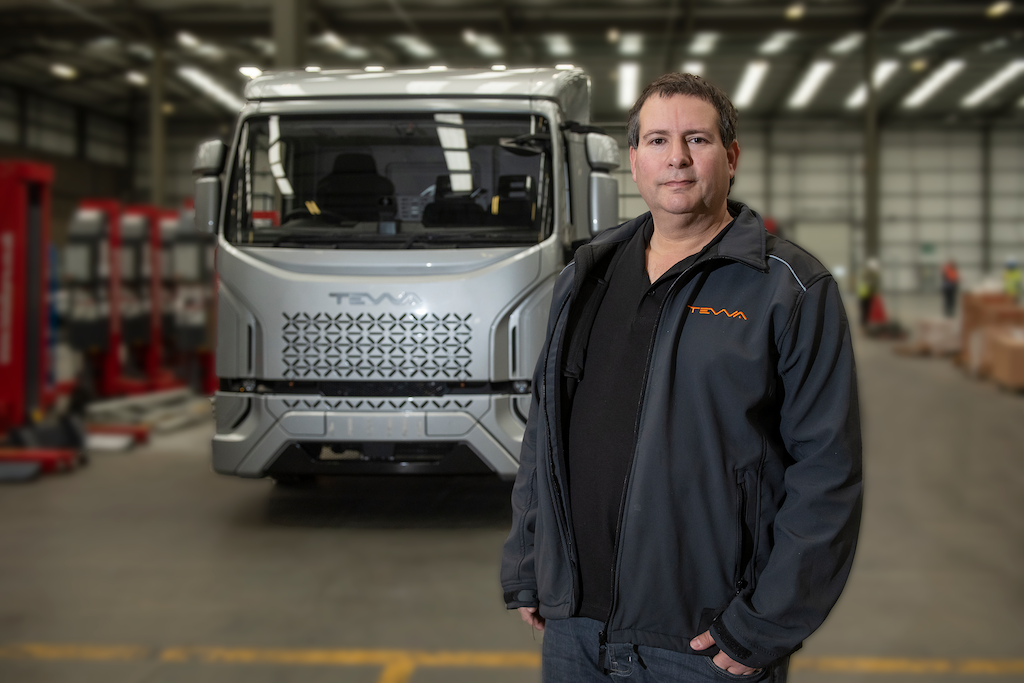The Intergovernmental Panel on Climate Change (IPCC) recently released a report that warned that if the world continues to emit greenhouse gases at the current rate, the carbon budget for limiting global warming to 1.5°C will be exhausted by 2030. Despite this grim reality, the report offered a glimmer of hope, stating that the world can still avoid the worst of climate collapse with genuine change. This juxtaposition of hope and despair serves as a call to action for individuals, businesses, and governments to prioritize environmental conservation.
Tevva, an electric vehicle manufacturer in the UK, is among the businesses that have heeded this call to action. The company believes that further government action is necessary to ensure that the UK achieves its net zero goals in the most efficient and effective manner possible, for the benefit of the environment, the economy, and the British people. The recent Net Zero Review highlights the historic opportunity offered by net zero in the UK, creating a new era of change and opportunity. However, the report also calls for greater support for businesses to reap the economic benefits of this transition.

Tevva’s area of expertise lies in the electrification of trucks. Although heavy-duty trucks account for only 2% of vehicles on UK roads, they are responsible for over a quarter of road transport emissions, making them one of the largest contributors to air pollution. To accelerate the decarbonisation of commercial vehicles, Tevva is calling on the UK government to align truck incentives with those provided in other European countries. Despite being free from EU state aid rules following Brexit, the UK is lagging behind its neighbours in terms of incentives for electric truck adoption.

While the UK government offers discounts to Tevva customers at the point of sale through government incentives, these incentives are considerably lower than those offered in other European countries. In Germany, for example, the government provides 80% of the price differential between diesel and battery-electric trucks, while the Netherlands offers 45%. In contrast, Tevva customers in the UK are eligible for a maximum of £16,000 for small trucks and £25,000 for large ones. The company believes that more action is needed to stimulate electric vehicle manufacturing in the UK, which is currently the only bright spot in an industry that has hit its lowest ebb in over 60 years.

Tevva recognizes that the electrification of trucks is inevitable, and the technology has advanced to the point where it is a viable option for many operators. There is a significant demand among fleets for electric trucks, as the opportunity to reduce emissions makes good business sense. However, there needs to be trust in the technology and clarity on the total cost of ownership (TCO) for operators to make the switch. Tevva is working with its customers to address both of these concerns and is confident that its electric trucks will save them money over the lifetime of the vehicle while improving fleet and driver performance.
Tevva is leading the way in commercial vehicle decarbonisation in the UK by developing a range of battery-electric and hydrogen-electric medium- to heavy-duty trucks that improve air quality, vehicle safety, and lower total cost of ownership. However, the market is not yet ready to adopt on a large scale without further incentivization. At present, the truck incentives offered in the UK fall short of those provided in other European countries, and Tevva believes that the British government needs to take more action to ensure that the UK meets its net zero goals.






